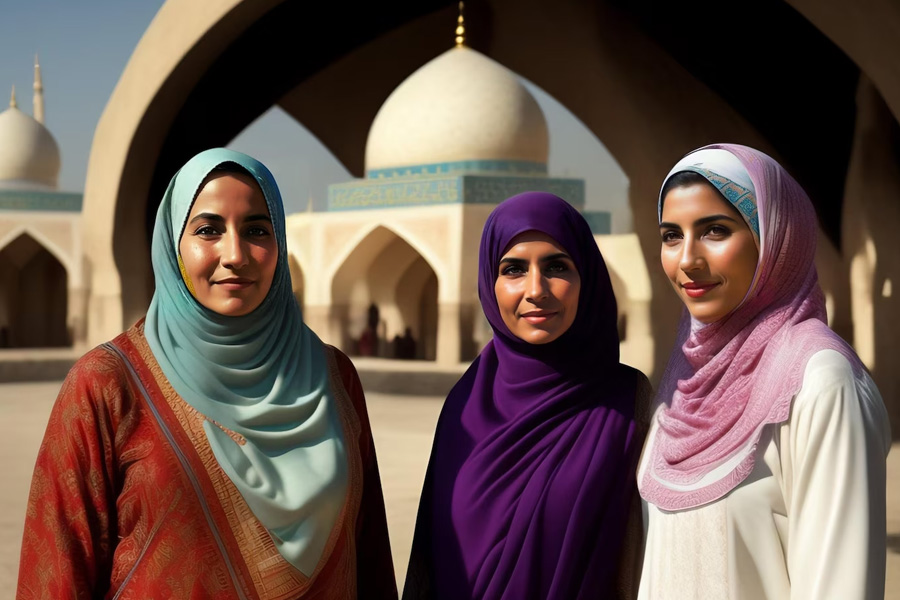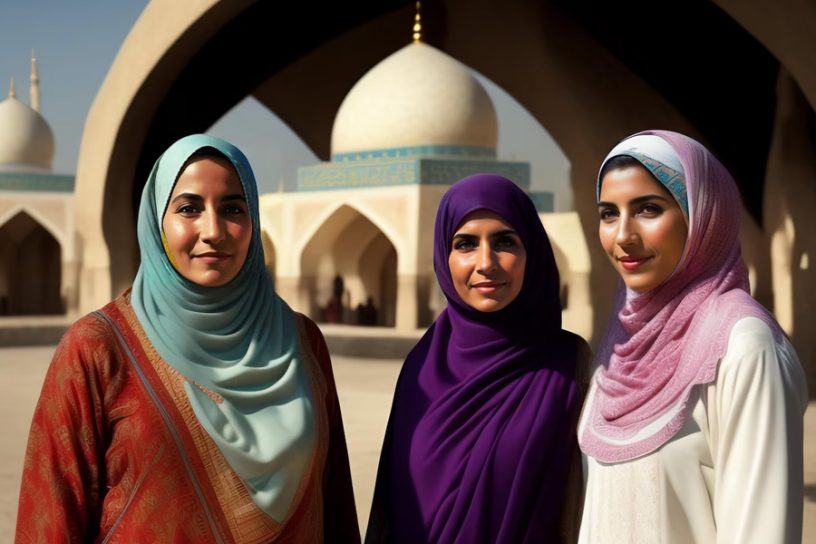
This article traces how women reconstitute gendered roles within the family and challenge the state’s gendered ideology as they navigate the porous boundaries of state and non-state law.
Author
Sagnik Dutta, Associate Professor, Jindal Global Law School, O.P. Jindal global University, Sonipat, Haryana, India.
Summary
Recent scholarship on alternative dispute resolution forums has shown how the gendered ideology of the state is reproduced in these forums. These forums are said to consolidate the public-private divide and constitute the heterosexual, monogamous family as an affective, nurturing unit that society needs to valorise.
Based upon an ethnographic exploration of female litigants in two kinds of alternative dispute resolution forums – a women’s grievance redressal cell run by citizens’ groups and a women’s sharia court run by female Muslim activists in Mumbai – this article traces how women reconstitute gendered roles within the family and challenge the state’s gendered ideology as they navigate the porous boundaries of state and non-state law.
It also brings to the fore the similar ways in which women negotiate marital disputes while negotiating state and non-state law in different kinds of alternative dispute resolution forums.
Women focus on questions of economic security, property rights, and demonstrate a range of affects such as betrayal, disappointment, anger, and hurt as they navigate polygamous arrangements and creatively manoeuvre spaces of alternative dispute resolution. These gendered negotiations challenge a paradigm of reified gendered kinship roles based on a gendered division of labour in the heterosexual family.
Published in: Legal Pluralism and Critical Social Analysis
To read the full article, please click here.


